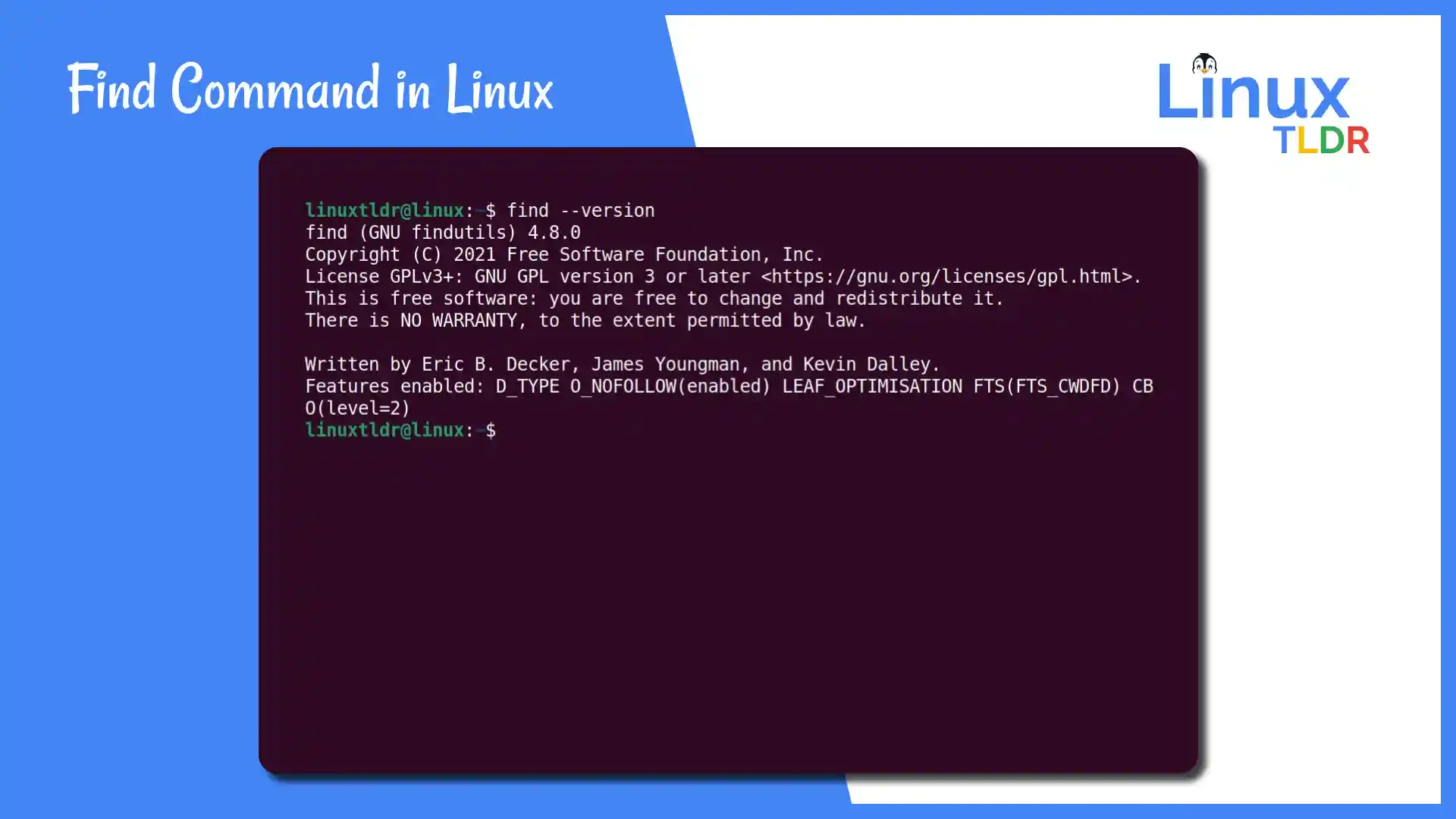Don't try memorising all of these, but rather quickly skim the headings in the linked article to give you an idea of what CAN be done with the Find command. You'll realise, too, that using the command line sometimes, offers way greater power, as well as speed.
Find does not only find a file name matching a pattern, but can also be useful to find all files modified in the last 60 minutes, that have executable permissions, that belong to the root user, that are empty files, that were accessed in the last hour, that are larger than a specified size, and lots more.
The find command is an advanced tool for searching files or directories rigorously in your file system, taking a little longer time than its alternative tools like the locate command. It’s due to its nature of searching a specified file by walking through each file for a match in your system, instead of creating a database where all the file paths are indexed.
See
35+ Advance Examples of the Find Command in Linux
The find command is an advanced tool for searching files or directories rigorously in your file system, taking a little longer time than its alternative tools like the locate command.
#
technology #
Linux #
Find #
opensource